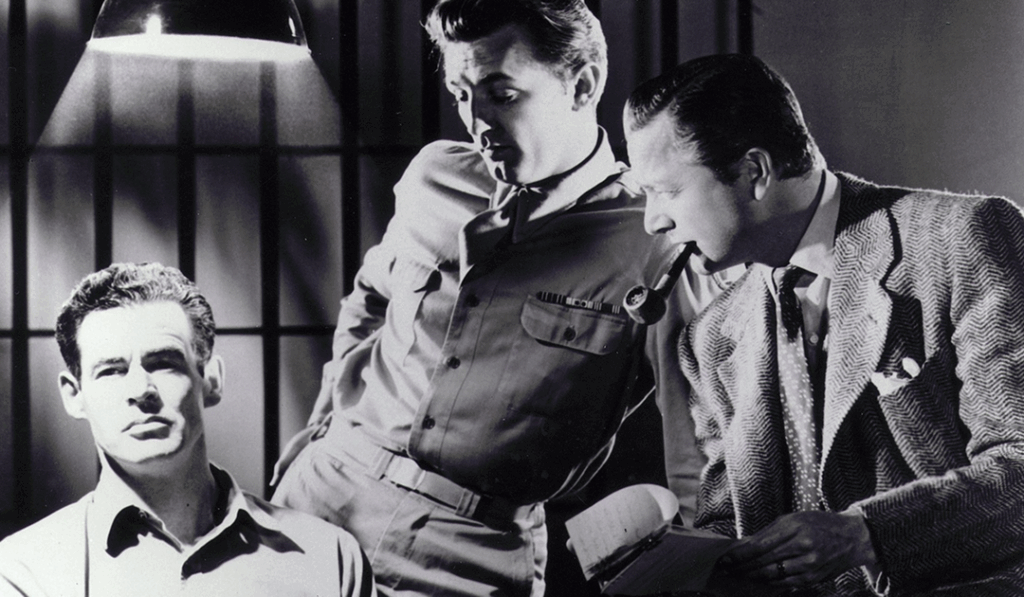(From the notebooks of Tyler Gitou, the Deal Whisperer)
Verdi passed by Tyler Gitou’s office looking dejected. Then he passed again. And again. Tyler smiled and got the hint.
“Verdi, is there something you’d like to talk about?” Tyler called out to him.
Verdi came into the office and sat down. “I thought you’d never ask. I just needed someone to talk to.”
“What’s the problem?” Tyler asked.
“Well, we lost the deal to a competitor. I just got the call this morning, and I’m trying to figure out how to break it to the team. This was a three-month process, and they all worked so hard on the proposal!”
“That is tough,” Tyler said. “You had a great team, too.”
“Oh, the best in the firm!” Verdi said. “The client even complimented me on their performance. He said when we started, we were in last place in a field of five. But our proposal and presentations were so good, we jumped over the other bids and finished in second.”
“No kidding! What do you get for second place?” Tyler asked.
Verdi was confused. “What do you mean?”
“You said you started last and finished second. The bidder who finished first got the deal. What did you get?”
Verdi was taken aback. “We didn’t get anything.”
“So what’s the difference between finishing in second and finishing last?”
Lessons from Losing a Sales Deal
“Well, it shows how well we did.”
“But not well enough to win,” Tyler said. “The only bidder who got anything from the process was the one who finished first. They got the deal. Everyone else got nothing.”
Verdi was getting annoyed. “What’s your point? Our team worked hard on this.”
“My point is, you started in last place, and you finished in last place. In sales, there is no such thing as ‘second place’ if the result is no business.”
“But we built our relationship with the client. Before this, the client didn’t know who we were. We had no business. Now we have credibility.”
“Terrific,” Tyler said. “At what cost? How much time and effort did you spend on ‘credibility’ that could have been done with some focused meetings? How many opportunities did you sacrifice elsewhere to focus resources on this deal?”
“You know, Mr. Gitou, everything is clearer in hindsight. No disrespect intended, but I don’t need a lecture telling me this was a waste of time.”
“I appreciate that, Verdi, and I am sorry if I am being too direct,” Tyler said. “But if you can’t derive some lessons learned from this loss, then it really was a waste of time and money.”
“That’s fair,” Verdi said. “So, how do we analyse the loss?”
“Go back to the beginning. How did you decide to submit a proposal?”
“I told you,” Verdi said. “This was a new client, and we wanted to try and get some business. Our main competitor has been in there for 10 years and controls the infrastructure, so we were looking for a way to get into the account.”
“And how else did you qualify the deal?” Tyler asked.
“I don’t understand what you mean.”
“You had a brand new client that your competition owned, and you decided to bid? That’s it?”
“We have to start somewhere! Are you saying we should never pursue a deal unless we know we’re going to win?”
“No, I’m saying you shouldn’t pursue a deal unless you know HOW you are going to win. Let’s go over your sales strategy and see if we can figure out what we might do differently next time to get a different outcome.”



